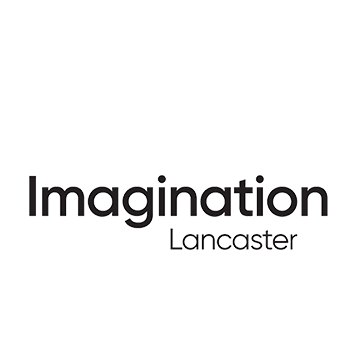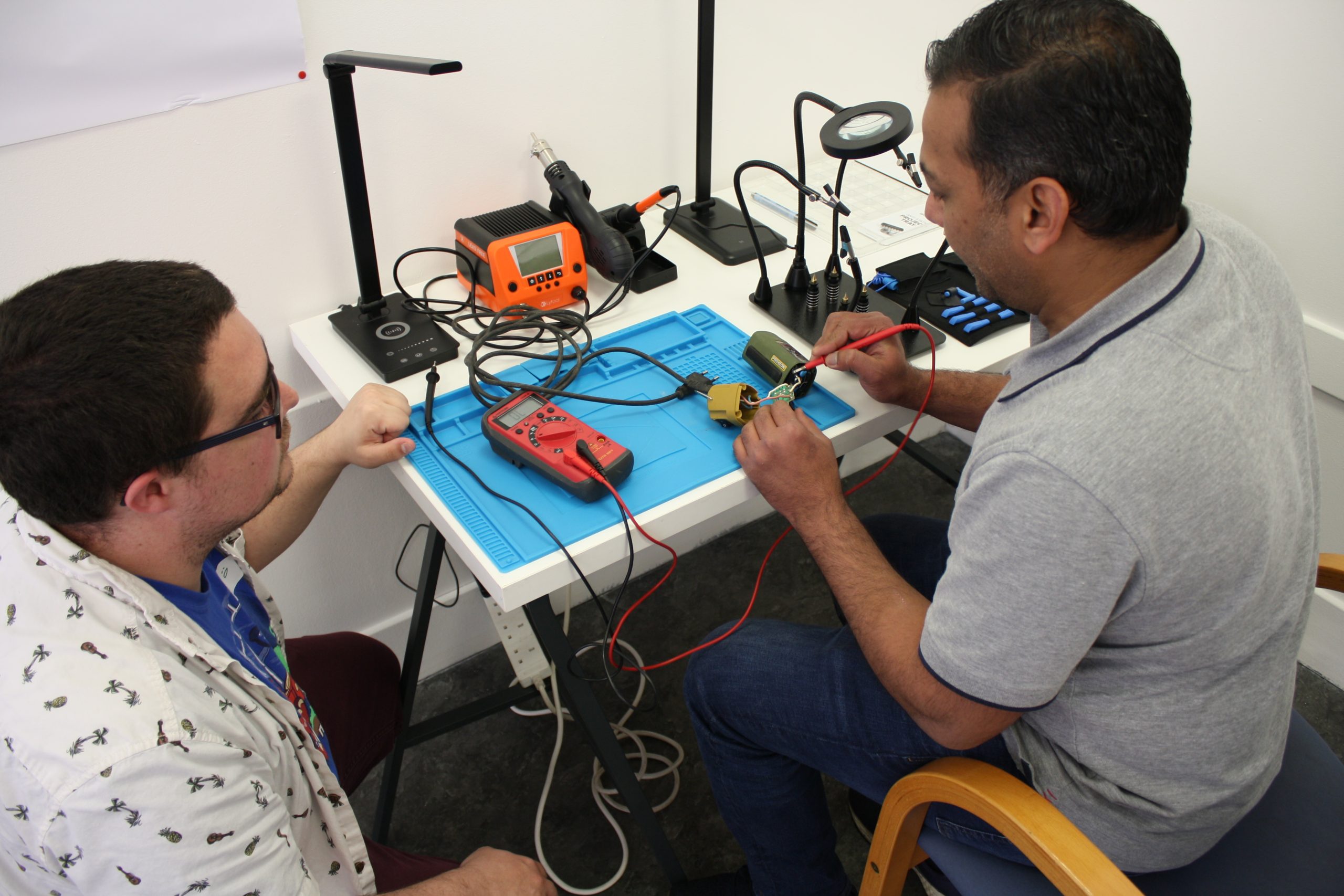The £1.2m 2-year ‘Fixing the Future’ research project has been funded by the UKRI Engineering and Physical Sciences Research Council. It explores the societal inequalities created by deficient device hardware/software sustainability, data protection, and cybersecurity across current consumer Internet of Things (IoT) devices and networks. Planned obsolescence of IoT devices like smart speakers and watches is leading to a variety of environmental consequences including electronic waste. We therefore need to understand how to create a more circular and equitable digital economy, underpinned by inclusive and accessible repair and reuse.
Dr Michael Stead, Prof Paul Coulton and Dr Joseph Lindley – researchers from Imagination, Lancaster University’s School of Design – will work alongside a multidisciplinary team of investigators from across the Universities of Edinburgh (Dr Lachlan Urquhart, Prof Ewa Luger, Prof Melissa Terras, Dr Susan Lechelt), Nottingham (Dr Neelima Sailaja, Prof Derek McAuley), and Napier (Dr Dimitrios Darzentas).
The project draws together expertise in design research, technology law and ethics, human computer interaction, and digital humanities to investigate how to build more equitable IoT devices and infrastructures that enable inclusive participation across the digital economy.
This will be achieved through an exciting programme of work over the next 24 months which:
- Extends the IAA EPSRC/ESRC The Repair Shop 2049 project to co-create, in conjunction with The Making Rooms, an immersive Repair Shop installation in Blackburn town centre to understand the practical repair challenges faced by communities and generate implementable models for resilient IoT repair ecosystems which leverage citizen, civic and manufacturer engagement and resources.
- Maps the changing legal and ethical landscape, particularly around shifting current IoT design practices and examining the role of the right to repair in supporting citizen needs.
- Creates blueprint prototypes and user experiences that demonstrate how to design for repairability, to support IoT manufacturers to change current practices.
- Designs a toolkit that will practically support development of more equitable futures when living with IoT by targeting needs of different citizen, government, and industry stakeholders.
The collaborative research agenda will be co-created with citizens and a series of international research partners, including The Making Rooms Blackburn; BBC Research & Development; Which?; NCC Group; the Canadian Government; and climate data focused artist Rachel Jacobs.
The project will start in August 2022.

